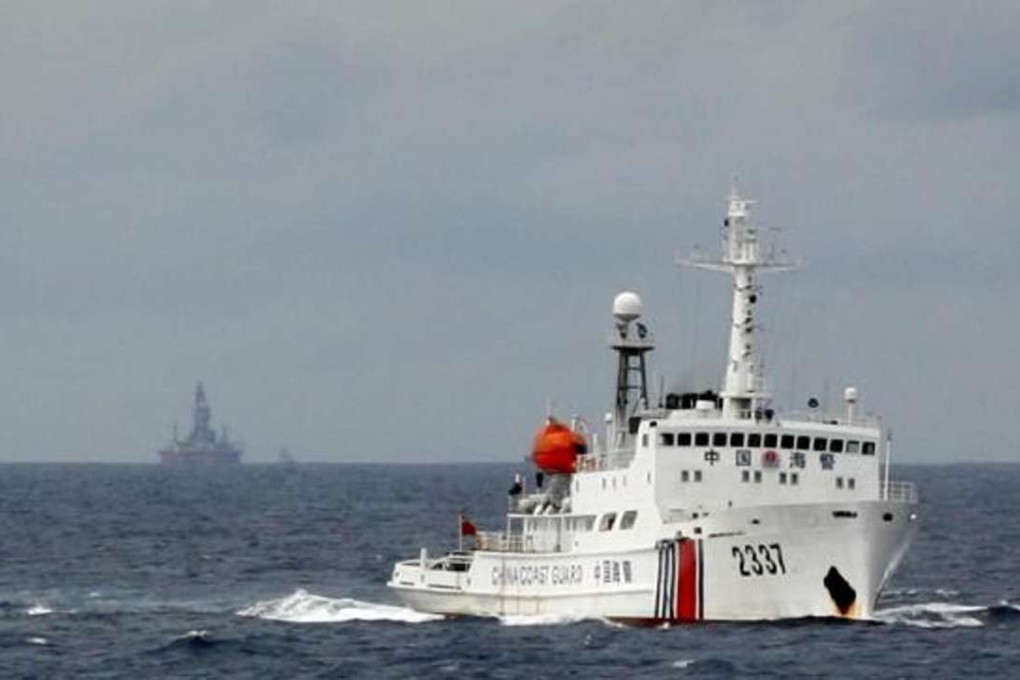100 Chinese boats ‘in Malaysian waters’ of disputed South China Sea: Beijing says ‘it’s fishing season’, analysts say it’s a message

About 100 China-registered boats were detected encroaching into Malaysian waters near the Luconia Shoals in the South China Sea on Thursday.
Shahidan Kassim, a minister in charge of national security, said his government had dispatched the Malaysian Maritime Enforcement Agency and the navy to the area to monitor the situation, the country’s Bernama news agency reported.
Shahidan did not give further information on the nature of the Chinese vessels and their specific locations, but warned that legal enforcement action would be taken if the Chinese vessels were found to have entered Malaysia’s exclusive economic zone.
China’s foreign ministry spokesman Hong Lei said at a regular briefing that he did not “understand the details” of what the Malaysian government had said about the matter.
“What I want to point out is that now is the fishing season in the South China Sea ... At this time of year, every year, Chinese trawlers are in the relevant waters carrying out normal fishing activities,” Hong said.
China may send anti-ship missiles to disputed South China Sea to beef up defence: analysts
The incident comes just days after Indonesia detained eight Chinese fishermen it accused of operating illegally in its waters.